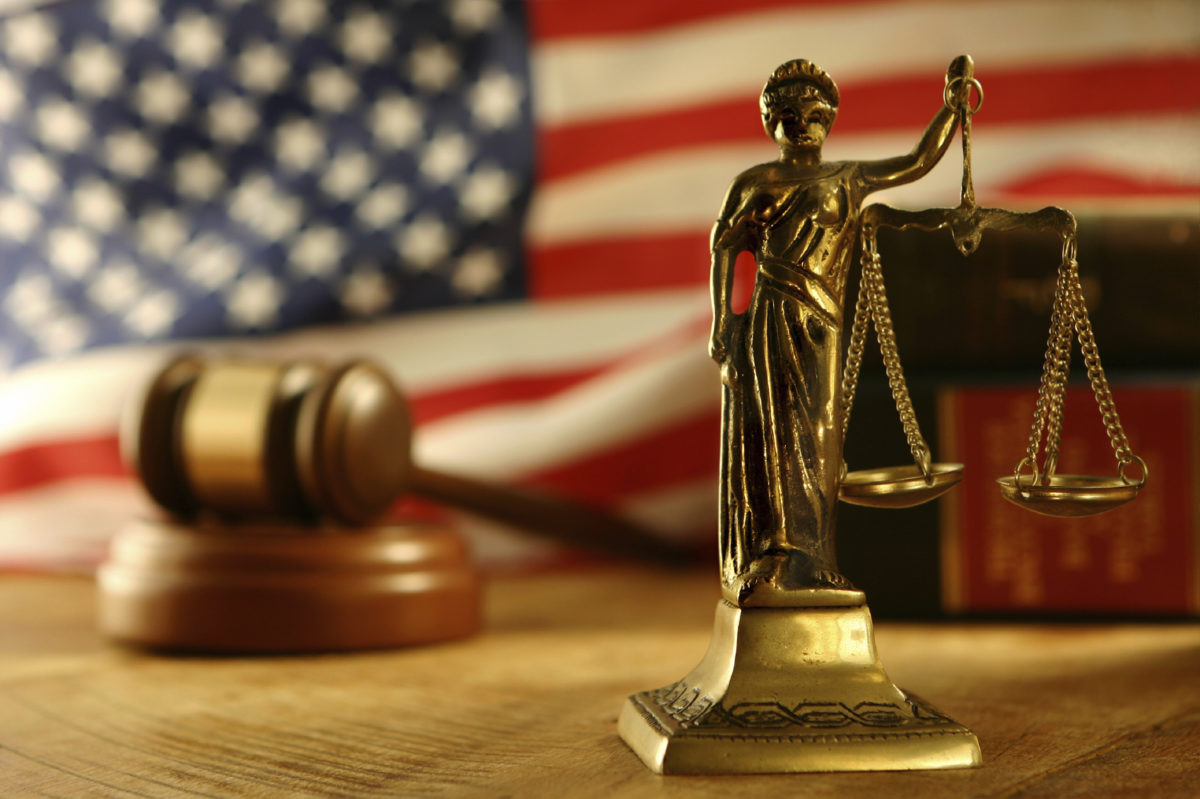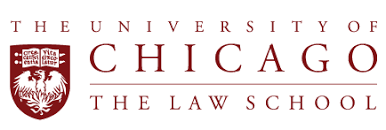
The Exoneration Project is an organization that I was proud to be a part of while a student at the University of Chicago School of Law. It represents pro bono dozens of clients in wrongful conviction matters each year, and provides great collaboration for their full-time staff attorneys with law students who are then attending the U of C. Hats off to the team that fought on behalf of Keith Hardin and Jeff Clark, who wrongly served more than 20 years for crimes they didn’t commit. In the program’s most recent success story, a Kentucky judge dismissed their 1992 murder indictments.
The overturning was based on DNA testing and evidence of police misconduct proving their innocence. The two men served more than 20 years of a life sentence for the crimes before their convictions were vacated and the men were released in 2016.
“The struggle for justice has been long and painful for Mr. Hardin and Mr. Clark who served more than 20 years and whom the Commonwealth twice threatened with the death penalty for a crime they did not commit,” said Seema Saifee, a staff attorney with the Innocence Project, which is representing Hardin. “We are grateful to Assistant Attorney General Jon Heck for his willingness to review this case with an open mind and for moving to dismiss these indictments that cannot be defended. We are also especially grateful for the tremendous courage of Judge Bruce Butler who has given these men the opportunity to rebuild their lives and become the productive members of society they have been denied so long.”
Amy Robinson Staples of the Exoneration Project, which represents Clark alongside the Kentucky Innocence Project, added:
“We hope the pain and suffering that these two men endured will inspire widespread criminal justice reform in Kentucky. The injustice that occurred in this case is partially attributed to the false and manufactured statement by a jailhouse informant who was incentivized by law-enforcement officials. Kentucky must enact legislation that requires corroboration of jailhouse informants and creates a process for criminal courts to determine the reliability of such statements prior to allowing this type of evidence before a jury. Kentucky has had at least 12 wrongful convictions in the past three decades, yet has taken no meaningful steps to prevent other innocent people from suffering the same fate as Mr. Hardin and Mr. Clark.”
Keith Hardin and Jeffrey Clark were convicted in 1995 of fatally stabbing 19-year-old Rhonda Sue Warford and dumping her body in a field. At trial, the prosecution’s main “evidence” was its claim that Hardin and Clark committed the 1992 murder as part of a Satanic sacrifice – this was despite the fact that the state’s own expert acknowledged that nothing about the crime was consistent with a Satanic ritual sacrifice.
A microscopic hair expert claimed that a hair found on the sweatpants worn by the victim at the time of her death “matched” to Hardin. This was the only physical evidence linking the men to the crime or crime scene. In fact, hairs recovered from the victim’s hand did not match either Hardin or Clark.
At trial, the state relied on the testimony of a jailhouse informant who claimed that Clark confessed to the crime. Shortly after Hardin and Clark’s convictions, a letter surfaced revealing that the jailhouse informant attempted to solicit another inmate to fabricate testimony against Hardin and Clark to receive a reduced sentence. Shortly after the verdict, Hardin and Clark moved for a new trial based on this letter proving that the jailhouse informant committed perjury. However, the 1995 trial court refused to vacate their convictions, ruling that the new evidence would not have changed the outcome. The two men were convicted and sentenced to life in prison.
In moving to dismiss the indictments on February 8, 2018 the Attorney General acknowledged that a detective’s claim that Hardin stated that he wanted to commit human sacrifices was no longer credible. The motion noted that Handy was investigated for falsifying the confession of Edwin Chandler, who served 10 years in prison for a murder he did not commit, and concluded, “Put bluntly, the Commonwealth cannot put credibility into an unrecorded statement taken by a detective who has a documented history of fabricating details of a murder case in his investigative summaries.”
The Innocence Project and the Kentucky Innocence Project moved for DNA testing in 2009. The trial court denied the request. After years of appeals, in 2013, the Kentucky Supreme Court granted testing and ruled that it was “mystified, if not amazed, that the Commonwealth has such little interest” in the possibility that DNA testing might yield exculpatory results. DNA testing was conducted on the hair on the victim’s sweatpants that the state’s analyst previously claimed “matched” to Hardin. The hair conclusively did not come from Hardin or Clark, disproving a significant part of the state’s case against the men. DNA testing was also performed on the blood on the cloth that the prosecution claimed was deposited during a Satanic animal sacrifice. The testing revealed that the blood was in fact Hardin’s own blood, as he truthfully testified at trial.
Based on the DNA evidence, and the new evidence that Det. Handy was recommended for a criminal investigation for his misconduct in another wrongful conviction case, Meade County Circuit Court Judge Bruce Butler vacated Hardin’s and Clark’s convictions in July 2016 and later released them on bail.
Hardin and Clark were surrounded by family and other exonerees when the legal team’s motion was granted. In addition to the Innocence Project, which is affiliated with Cardozo School of Law, Hardin is represented by Larry Simon, Esq. of Louisville and the law firm Weil, Gotshal & Manges LLP. Clark is represented by the Kentucky Innocence Project and Amy Staples and Elliot Slosar of the Exoneration Project. Congratulations to the full legal team for this latest success in a program of which alumni of our law school can be proud.



